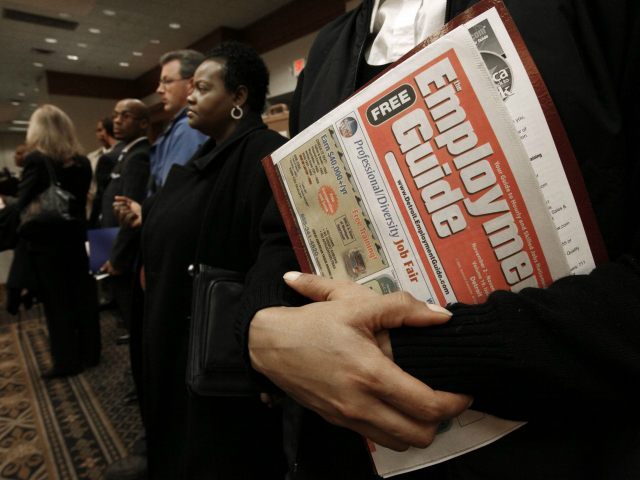Ahead of its radical restructuring plans, online shoe retailer Zappos.com offered three-months severance pay to any employee who wanted to leave by the end of April. 210 employees, or 18% of their workers, accepted the offer and quit.
In 2009, Amazon agreed to purchase Zappos.com, a popular online shoe retailer, in a deal worth $1.2 billion. 2016 will be the first year in eight that the company will fail to make Fortune’s list of the 100 Best Companies to Work For, thanks to a decision by longtime CEO Tony Hsieh to switch the company to a holacracy, a restructuring strategy that distributes managerial authority and decision-making throughout the company.
This new self-management structure is predicted by some experts to be the inevitable final step in the evolution of human collaboration; however, the mass exodus from the company over the past several months might contradict this forecast.
In a lengthy email sent by Hsieh to his employees about the changes, he mentions that managers were essential to the growth of the company, claiming that “managers were absolutely necessary and valuable to the growth of Zappos over the years under our previous structure. Without managers, we would not have gotten to where we are today.” However, Hsieh goes on to explain how under the new structure, the roles and responsibilities of managers will be reduced to that of the regular employees, failing to explain how this change increases the efficiency of the company.
Fortune Magazine reporter Jennifer Reingold noted that in her time in the Zappo’s office doing a report on the company’s new structure, “no one discussed the business of selling shoes.” Overall, over the past year, 29% of the staff has turned over due to the various changes and a buyout, and one of the individuals who left the company called Hsieh’s holacracy “a social experiment [that] created chaos and uncertainty.”
It seems that the resistance and the resignations have yet to change Hsieh’s perspective on the inevitability of the self-managed firm. When asked about the backlash, he said the reaction from his employees “actually had nothing to do with Holacracy or self-management. It was just because they really had wanted to go out and start their own businesses.” Is Hsieh a visionary who is simply ahead of his time, or an arrogant executive deluded by his previous successes?
Thomas Sowell, an economist at the Hoover Institute at Stanford University, has written extensively about the left’s policy prescriptions that restructure society through the redistribution of wealth and authority. A recurring criticism of Sowell’s is that elitist planners often forego reality in favor of delusion on account of their own egos: “…the very commonness of common sense makes it unlikely to have any appeal to the anointed. How can they be wiser and nobler than everyone else while agreeing with everyone else?”
Tom Ciccotta writes about Free Speech and Intellectual Diversity for Breitbart Tech. You can follow him on Twitter @tciccotta or e-mail him at tom@yiannopoulos.net.

COMMENTS
Please let us know if you're having issues with commenting.